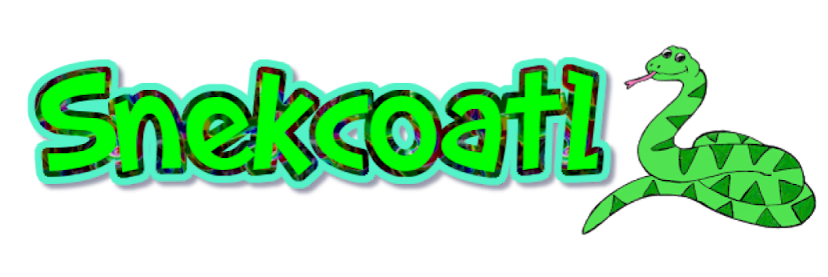Aaniin kina wiya! Today I'm going to talk a bit about Anishinaabemowin, or the Ojibwe language. I am a non-Indigenous student of Anishinaabemowin. Sometimes, people are interested in knowing why I like learning this language so much. It is very challenging to learn, so part of it is for the thrill of the intellectual challenge. But there are also some things about Anishinaabemowin that I consider to be very beautiful and that reminds me of Ojibwe culture and their worldview.
Anishinaabemowin has a very interesting grammatical structure. You see, most Indigenous languages of North America are considered polysynthetic. This means that they have a high number of morphemes per word. A morpheme is the smallest unit in a language that holds meaning. The English word "cats" has two morphemes, the noun "cat" and the "s" which is a plural ending.
In Anishinaabemowin, there are a lot of very long words that are dense with morphemes. It feels like every syllable holds so much meaning.
There's an example I can give of this that comes from "The Seven Generations and Seven Grandfather Teachings" by James Vukelich. Vukelich talks about the Anishinaabemowin word "indaanikoobijigan." This usually means "my ancestor" but it can also mean my grandparent, my great grandparent, my grandchild, my great grandchild or my descendant. To understand "indaanikoobjigan" better, Vukelich mentions the "aanik" morpheme, which also appears in words like:
aanikoobidoon (string it together, tie it)
aanikegamaa (chain of lakes)
aanikanootamaw (translate it for her)
aanik-ogimaa (someone who fulfills the role of a chief if the current one can no longer do so. "ogimaa" is chief)
Vukelich concludes that aanik indicates something linked in a process or working in a chain, and so "indaanikoobijigan" is like "one to whom I am inextricably linked"
His book has other examples of Anishinaabemowin morphemes as well. Being aware of the structure of Anishinaabemowin words just makes it seem like a poetic language, extremely rich in meaning with tons of potential for metaphors.
I'll do some more Ojibweposting later. Giga-waabamin miinawaa!!

No comments:
Post a Comment
Leave a comment